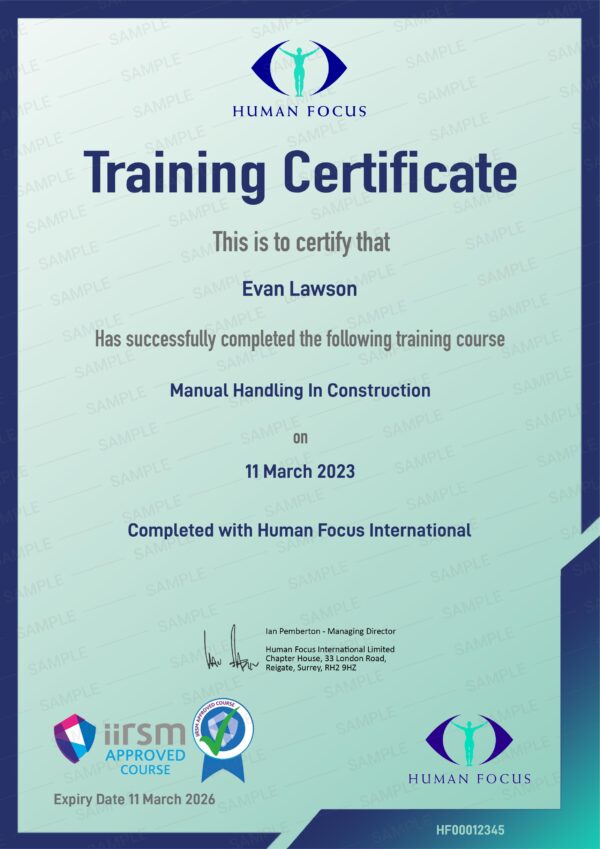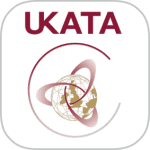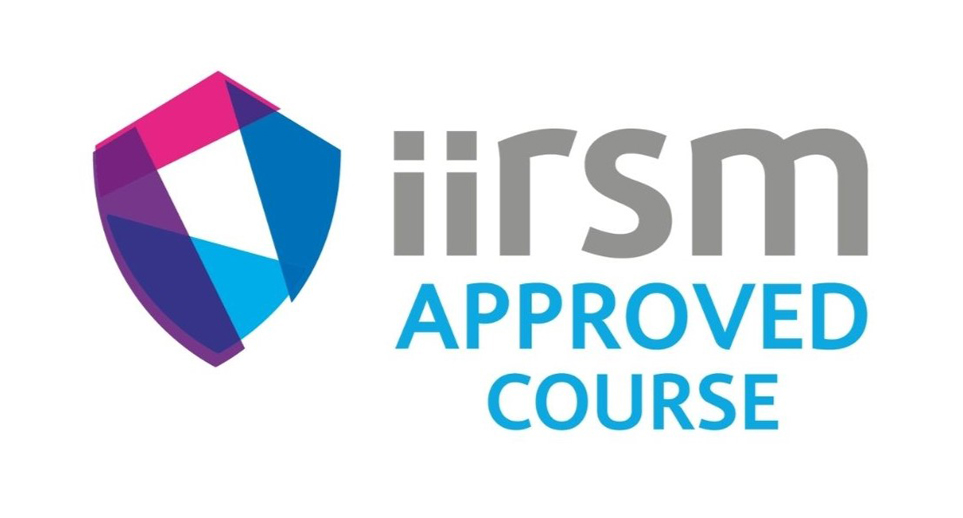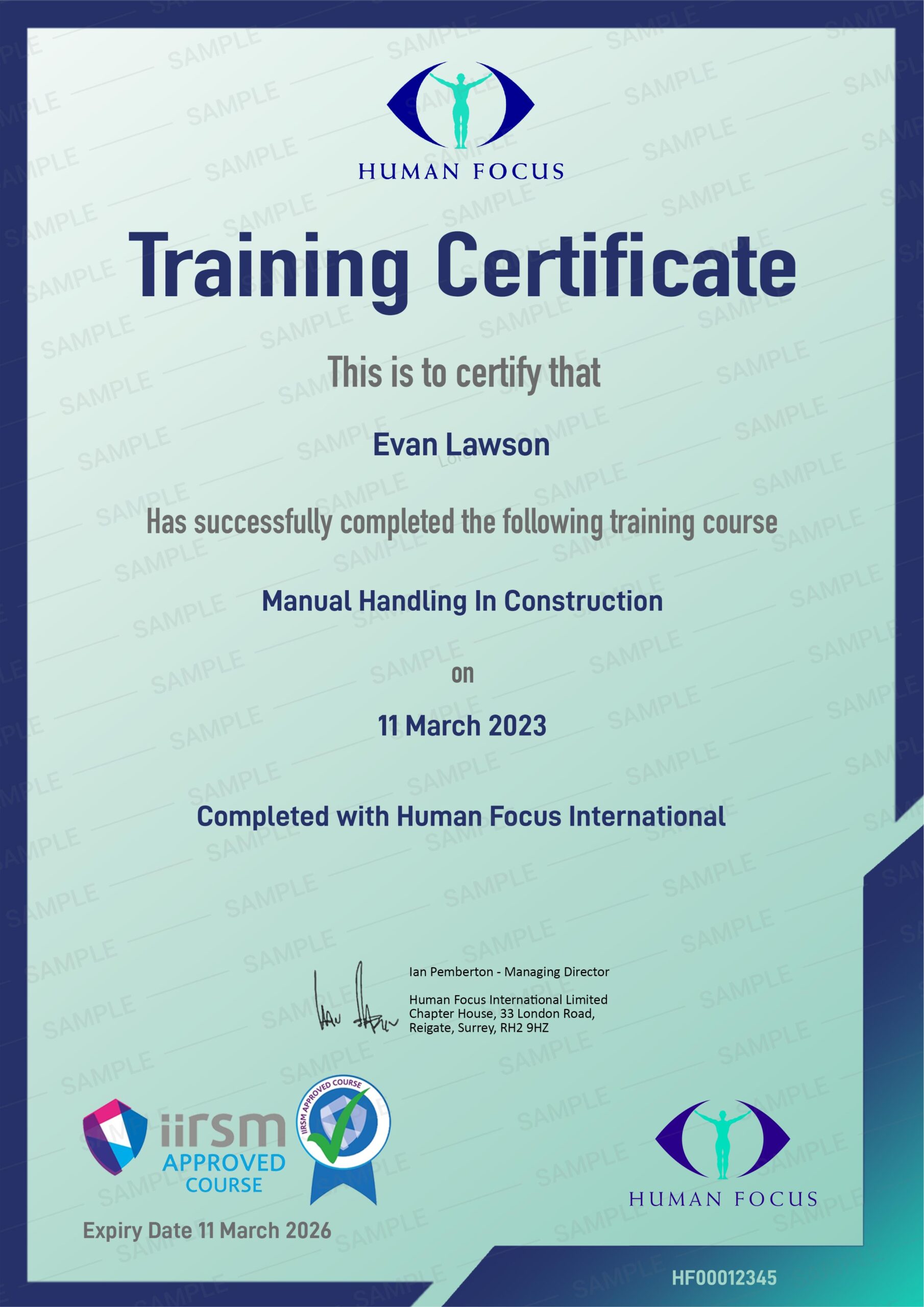Manual handling involves any task that requires moving or carrying a load by hand or using bodily force, including lifting, lowering, pushing, or pulling. These tasks are so common that workers often underestimate the risk of injury.
In fact, manual handling is the second most common cause of workplace injuries, following only slips, trips, and falls. According to the Health and Safety Executive (HSE), unsafe handling, lifting and carrying account for 17% of all reported non-fatal workplace injuries.
However, the HSE notes that the actual number of manual handling injuries is likely much higher, as they typically develop over time. These long-term conditions don’t meet the threshold for injury reporting, so they aren’t included in the statistics.
Undertrained workers are at risk of severe, life-altering musculoskeletal disorders (MSDs), which affect muscles, bones, joints and connective tissues. MSDs often cause chronic pain and are a leading cause of extended sick leave.
Providing adequate training in manual handling techniques is essential to protect workers from harm and ensure compliance with the Manual Handling Operations Regulations 1992. Our manual handling e-learning course equips workers with an awareness of injury risks and safe techniques. Users will understand how to assess tasks and take necessary steps to reduce the risk of injury.
Are You Aware of Your Duties?
Employers have a legal duty under the Manual Handling Operations Regulations 1992 to ensure the health and safety of their workers when undertaking manual handling tasks. This duty applies to any work that involves lifting, lowering, pushing, pulling or carrying loads, whether by hand or with the aid of lifting equipment and machinery.
Employers must ensure the safety and health of their workers by taking the following actions:
- Avoid manual handling operations wherever possible: Employers should eliminate the need to move loads by hand or bodily force wherever practicable.
- Assess risks of manual handling tasks: Employers must undertake appropriate risk assessments of any manual handling that cannot be avoided. This assessment should identify the risks involved and implement control measures to prevent harm.
- Provide adequate information, training and guidance: Employers must provide adequate manual handling safety training. Training must make workers aware of the manual handling risks they face and how to manage them.
- Provide suitable work equipment: Employers must provide their workforce with appropriate equipment to work safely. Examples include lifting aids or personal protective equipment to reduce injury risks.
- Monitor and review: Employers must monitor manual handling activities and regularly review risk assessments to ensure their ongoing effectiveness.
Employers who neglect their health and safety duties risk legal action, including fines, enforcement notices, and even imprisonment.
This course helps workers minimise manual handling injury risks and supports legal compliance with the Manual Handling Operations Regulations 1992.








